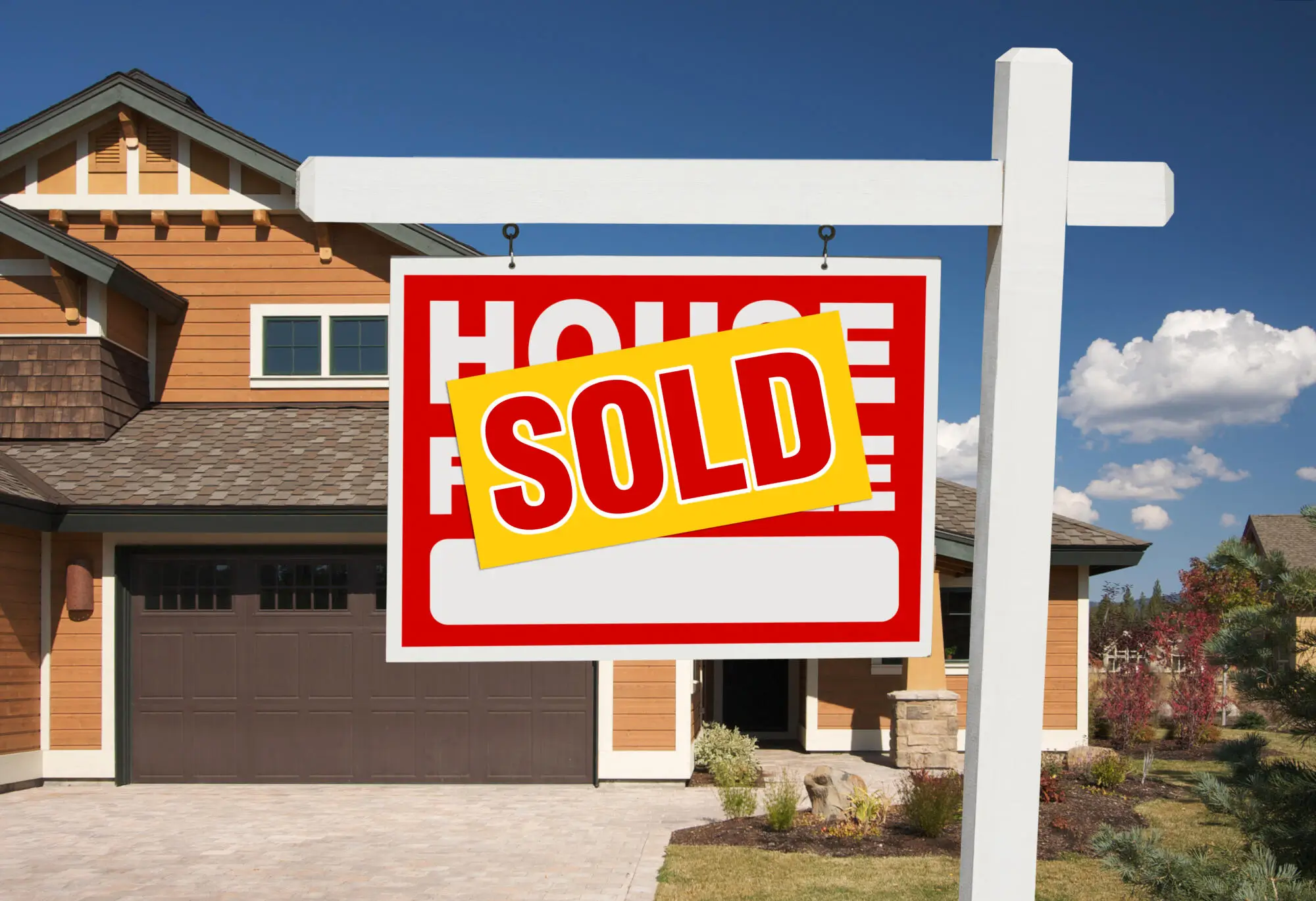Although mortgage rates have offered some relief to home buyers in recent months, owning a home in Grand Rapids is still out of reach for many prospective buyers. Rent-to-own homes can provide homeownership opportunities for these individuals.
Rent-to-own agreements are a little more complicated than conventional lease agreements, but they offer a solution for determined home buyers.
Read on to find out more about the rent-to-own phenomenon and whether it's a good fit for you.
About Rent-to-Own Agreements
As the name suggests, rent-to-own arrangements usually result in the tenant buying the home at the end of the lease agreement. These agreements differ from conventional rental lease agreements in several aspects, such as:
Option Fees
The tenant pays a large deposit, called an option fee, at the start of the lease. This is a non-refundable amount and usually equals between 1% and 5% of the home's value.
Higher Rent Payments
Rent-to-own tenants usually pay higher rent than regular tenants. That's because a portion of their payments goes toward a down payment on the home.
If the tenant proceeds with the home purchase at the end of the lease agreement, any extra amounts go toward the property's purchase price.
Added Responsibilities
In some cases, the tenant will take on additional responsibilities during their tenancy. These may include paying property taxes and carrying out maintenance and repairs on the home.
Although there are laws in Michigan governing rent-to-own agreements, it's vital to consult an experienced property professional or real estate lawyer before you enter into one of these arrangements.
Types of Rent-to-Own Leases
There are two types of rent-to-own leases recognized in Michigan. These are:
Lease-Option Contracts
Tenants who sign lease-option agreements aren't compelled to buy the home when the lease agreement ends. They get the first option on the home and can walk away without consequences if they aren't ready to buy the home.
Lease-Purchase Contracts
With lease-purchase contracts, the tenant is legally obliged to buy the home when the lease expires. If they don't, the seller can sue them.
Pros and Cons of Rent-to-Own Homes
Lease-to-own properties help remove some obstacles for home buyers who aren't in a position to achieve conventional home financing at present.
They give these people time to:
- Save for a down payment
- Improve their financial position
- Avoid moving after their lease expires
- Enjoy a favorable purchase price
Selling their home this way can also be beneficial to sellers who don't want to spend time improving and marketing their properties.
Some negatives associated with this type of lease include:
- Increased expenses during the lease
- Higher rents
- No guarantee of future home financing
Navigating Grand Rapids Real Estate
Rent-to-own homes can provide an easier pathway to homeownership for those who can't pursue traditional home-buying options. They're also a convenient option for sellers who want to avoid the uncertainties that can accompany home sales.
PMI West Michigan offers the full range of property management services. We can help homeowners and tenants rent and buy homes without unnecessary stress and confusion.
Our team has a lifetime of experience in the Grand Rapids housing market and emphasizes outstanding customer service courtesy of the latest property management technology.
Find your ideal housing solution with us today.


